Search Results
Showing results 1 to 20 of 29

Fizzy Nano Challenge
Source Institutions
This lesson focuses on how materials behave differently as their surface area increases.
Measuring Rules
Source Institutions
In this math activity, learners create their own units of measurement by making noodle rulers. Learners practice estimating and measuring objects using the noodle rulers .

Make a Human Scale Ladder
Source Institutions
In this quick activity about size and scale (on page 2 of the PDF under What's Nano?
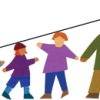
Line Up: Using Math To Stand In Line
Source Institutions
Put math of measurement into lining up — and make waiting in line fun. Choose a size characteristic that learners can physically compare, such as foot length or hair length.

Pea Brain!: Explorations in Estimation
Source Institutions
In this activity, learners use two different techniques to estimate how many little things fit into one bigger thing.
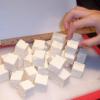
Exploring at the Nanoscale
Source Institutions
This lesson focuses on how nanotechnology has impacted our society and how engineers have learned to explore the world at the nanoscale.

Exploring Size: Measure Yourself
Source Institutions
In this activity, learners mark their height on a height chart and discover how tall they are in nanometers.
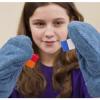
Mitten Challenge
Source Institutions
In this activity, learners try to put together toy bricks—wearing oven mitts on their hands! This activity shows learners how difficult it is to build small things when your tools are too big.
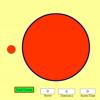
Estimation
Source Institutions
In this online activity, learners will explore size estimation in one, two and three dimensions. Multiple levels of difficulty allow for progressive skill improvement.
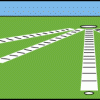
The Size and Distance of the Planets
Source Institutions
In this activity, learners investigate the concepts of relative size and distance by creating a basic model of the solar system.

What is a Nanometer?
Source Institutions
This lesson focuses on how to measure at the nanoscale and provides learners with an understanding how small a nanometer really is.
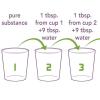
Sniffing for a Billionth
Source Institutions
This is an activity (located on page 4 of the PDF under What's Nano? Activity) about size and scale.
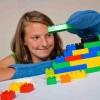
Exploring Tools: Mitten Challenge
Source Institutions
In this activity, learners build a LEGO® structure while wearing mittens. This activity shows learners how difficult it is to build small things when your tools are too big.
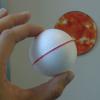
Eclipse: How can the little Moon hide the giant Sun?
Source Institutions
In this activity, learners explore how distance can affect the way we perceive the size of an object.
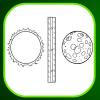
Size it Up
Source Institutions
Learners investigate why the Sun and Moon appear the same size in the sky even though the Sun is over 400 times larger in diameter.
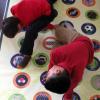
Exploring Size: StretchAbility
Source Institutions
In this game, learners explore the different sizes of things in the world. In this Twister-like game, learners must place a hand or foot on a circle of the right scale - macro, micro, or nano.
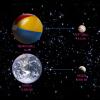
Sizing Up the Universe
Source Institutions
In this online interactive challenge, learners choose items to represent the Earth or solar system, then determine other items to represent the Moon, or Milky Way based on their relative size.
The Right Fit
Source Institutions
In this math activity, learners trace their hands and estimate the number of beans that can fit into their hand tracings. Then, learners glue the beans to the tracing to test out their estimations.
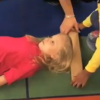
Exploring Measurement
Source Institutions
In this "Sid the Science Kid" activity, learners use their bodies to measure a room. Instead of inches or feet, how many kids does it take to measure the length of a room?
More Bubbles!
Source Institutions
In this math activity, learners make their own bubble wands and determine if the size of the wand affects the number of bubbles it produces.
